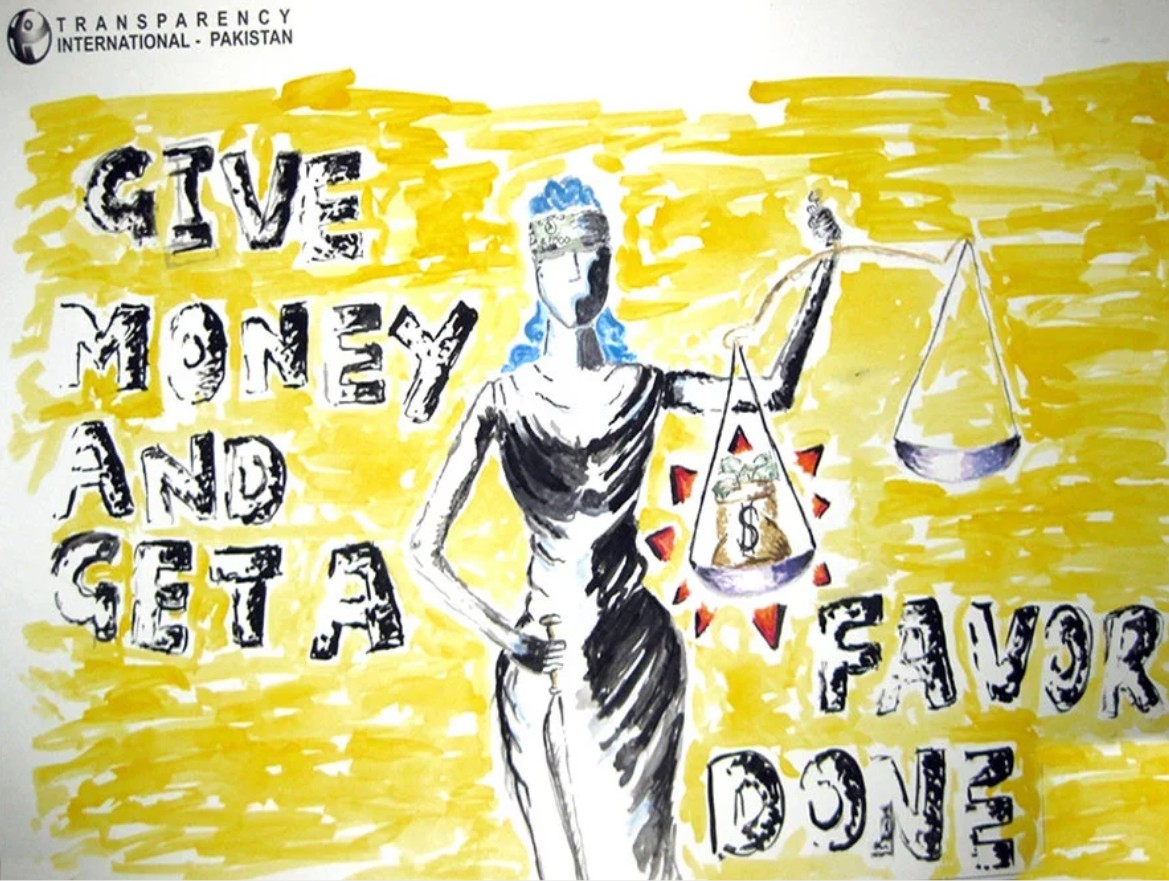New Jersey State Democrats have upended progressive campaign finance measures instituted by local governments and citizen groups over the past two decades

FBW | April 18, 2023
Nearly two decades ago, Hoboken residents, frustrated by Hudson County politics, launched a successful campaign to end the practice of pay-to-play. In a November 2004 ballot initiative, Hoboken voters overwhelmingly adopted an ordinance that restricts professional firms doing business with the City from contributing to local political campaigns. Subsequently, local civic leaders successfully lobbied the City to pass a second ordinance prohibiting developers with redevelopment contracts from making political contributions. These measures effectively leveled the political playing field and dramatically reduced the corrupting influence of money in local decision-making.
In early April, with the sweep of his pen, Governor Phil Murphy signed the 68-page, so-called Elections Transparency Act, voiding hundreds of local pay-to-play ordinances adopted by municipalities, townships, county boards and school boards throughout the state of New Jersey. Most of these local governing bodies chose to impose stricter limits on the practice of pay-to-play than what the state allows. For Hoboken and many other communities, the passage of these ordinances required years of organizing and campaigning by local civic groups.
Although the state law bans contracts in excess of $17,500 from contributing more than $300 to candidates and parties, it provides a huge loophole. A provision in the law allows an exemption for a “fair and open” bidding process, a vague standard that will surely be exploited by elected officials seeking to build up their campaign war chests.
The Elections Transparency Act doubles the state limit on individual contributions to candidates and parties from $2,600 to $5,200. For Hoboken, it will open the floodgates and return to an earlier era where extravagant sums of money fueled political campaigns and gave an overwhelming advantage to incumbent office-holders. Special interests seeking to influence government decisions will again have an opportunity to do so with their political gifts.
Several decades ago, Hoboken’s mayor and the local Democratic party expected professional firms with City contracts to show up for political fundraisers and contribute the maximum allowed. The same held true for major real estate developers seeking approval for their projects.
In the 2004 election, the campaign coffers of the mayor and Hoboken Democratic Party overflowed with staggering sums of money. The mayor outspent his political opponent by a 10 to 1 margin. For professional firms — lawyers, engineers, accountants, etc. — and developers who showed up to the mayor’s fundraisers, it was just an additional cost of doing business and the amounts of their contracts could be increased accordingly.
In 1997, Harry Pozycki founded The Citizens Campaign which created a task force to craft model ordinances to curb the practice of pay-to-play. His staff worked with Hoboken and countless other communities to get these ordinances passed. New Jersey Appleseed Public Interest Law Center provided further assistance most especially by harnessing New Jersey’s Initiative and Referendum statute as a tool for voters to adopt these ordinances.
“With one stroke of the pen, the Murphy Administration, supported by most Democratic legislators, has eviscerated local anti-pay-to-play ordinances,” Renee Steinhagen, the Executive Director of New Jersey Appleseed, stated. “This is a slap in the face to countless activists and their ability to hold their local governments accountable.”
The New Jersey State League of Municipalities specifically opposed the bill for undermining the authority of local municipalities to pass their own ordinances. The League of Women Voters of New Jersey, New Jersey Citizens Action, the Working Families Party, The Citizens Campaign and other groups all opposed the Elections Transparency Act. Scathing news articles and editorials appeared in the Star-Ledger, The Record, Insider NJ, New Jersey Globe and New Jersey Spotlight. Many of the news stories focused on Governor Murphy’s wresting political control of the Election Law Enforcement Commission (ELEC), diminishing its authority and attempting to oust its director. ELEC has been the state’s independent campaign finance watchdog since it was established in 1973.
The Maplewood Democratic Party released a statement deriding the Elections Transparency Act for “weakening New Jersey’s pay-to-play laws that stop political contributions from influencing the award of government contracts.” Maplewood’s 2006 ordinance prohibiting awarding public contracts to campaign contributors has been invalidated by this new state law.
Despite the fierce opposition, most Democratic state legislators — a handful voted no and others went missing — fell in line to pass the bill joined by a few Republicans. On April 3, without fanfare, Gov. Murphy quietly signed the Elections Transparency Act.
Related links
Hoboken citizens invoked Initiative and Referendum to alter an entrenched political system
Political turmoil and pay-to-play ordinances level the political playing field
POG takes mayor and City to court for campaign finance violations
Major contributions solicited from developers and city contractors
Developers pay to play at Hoboken City Hall by writing big checks


